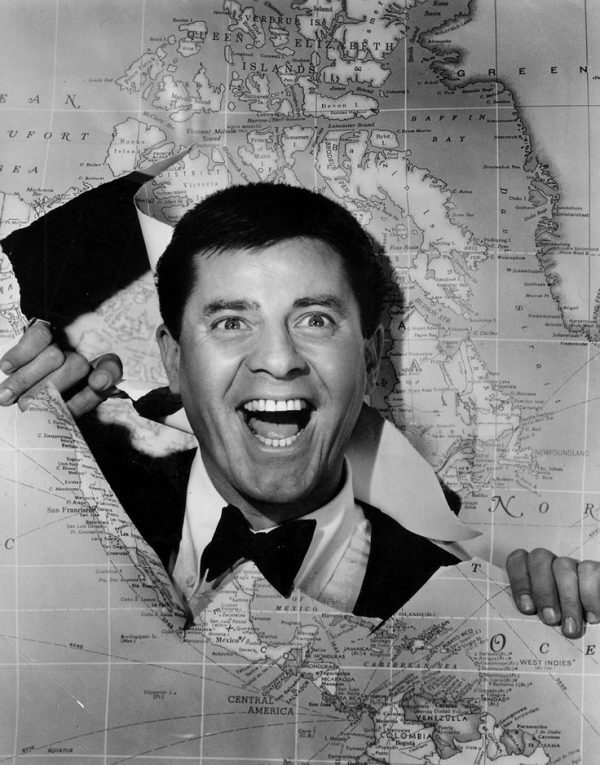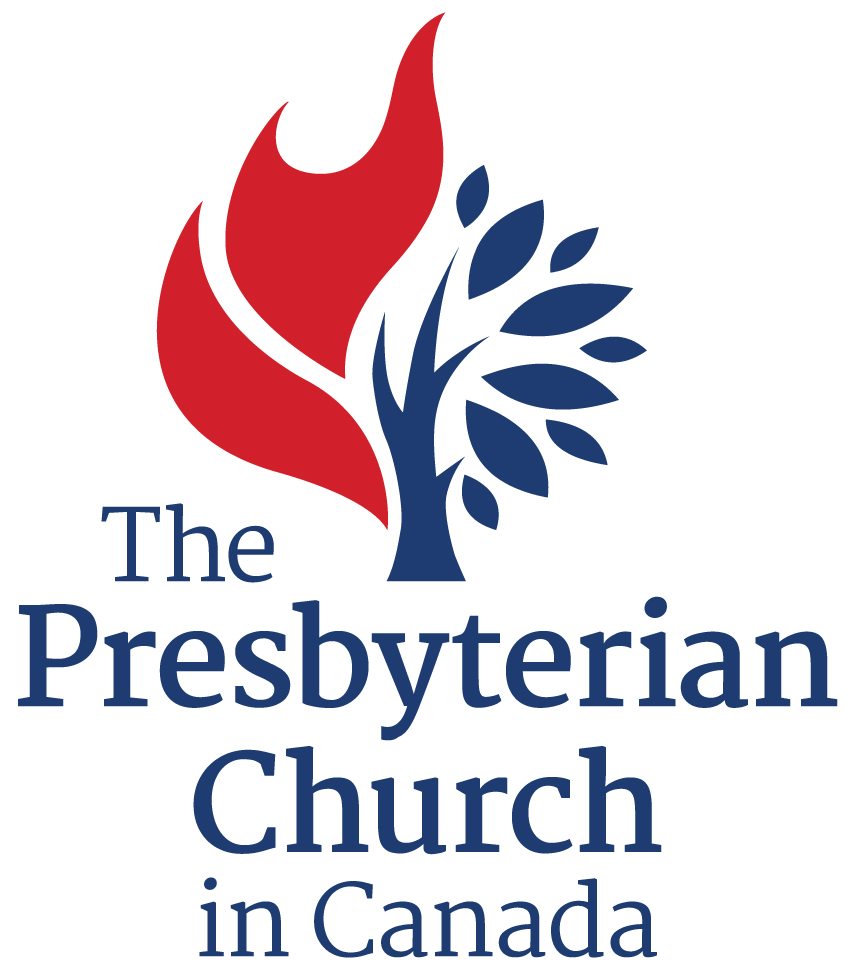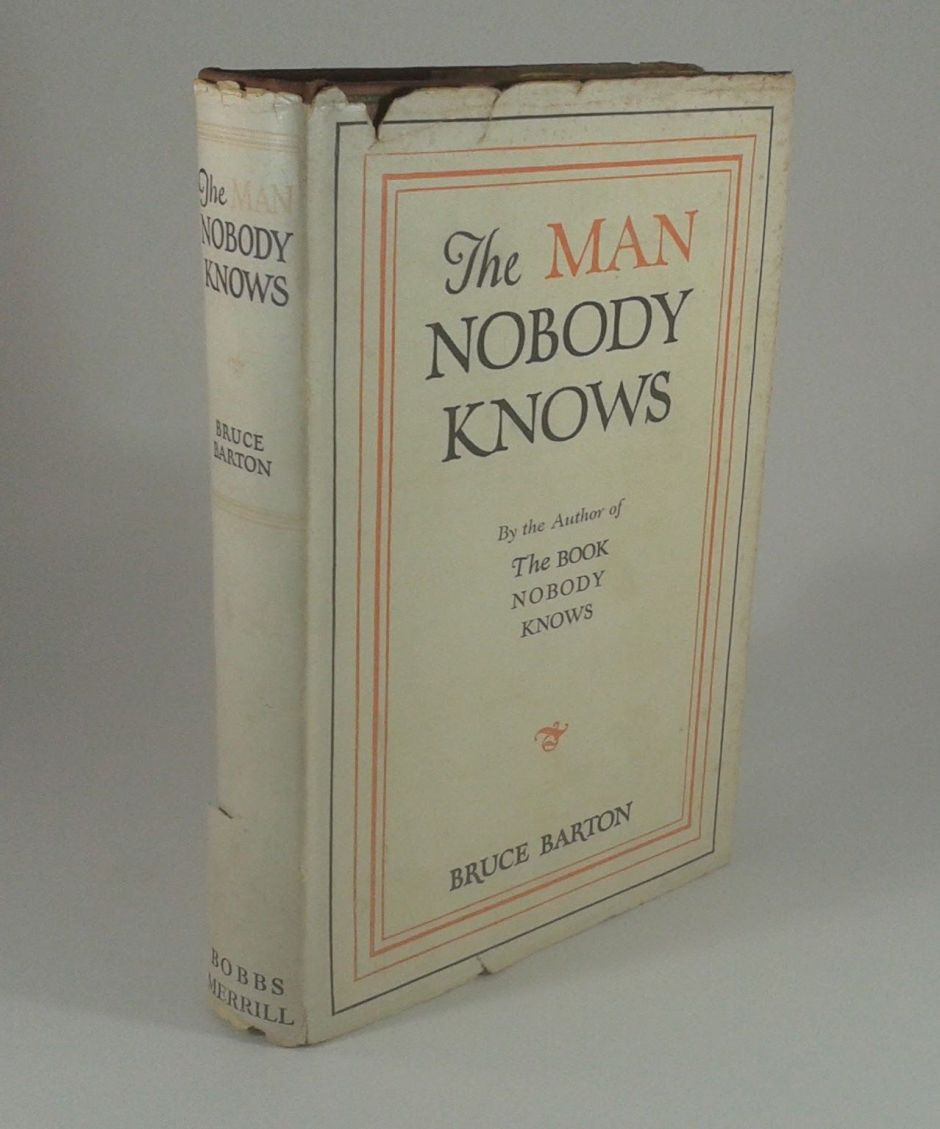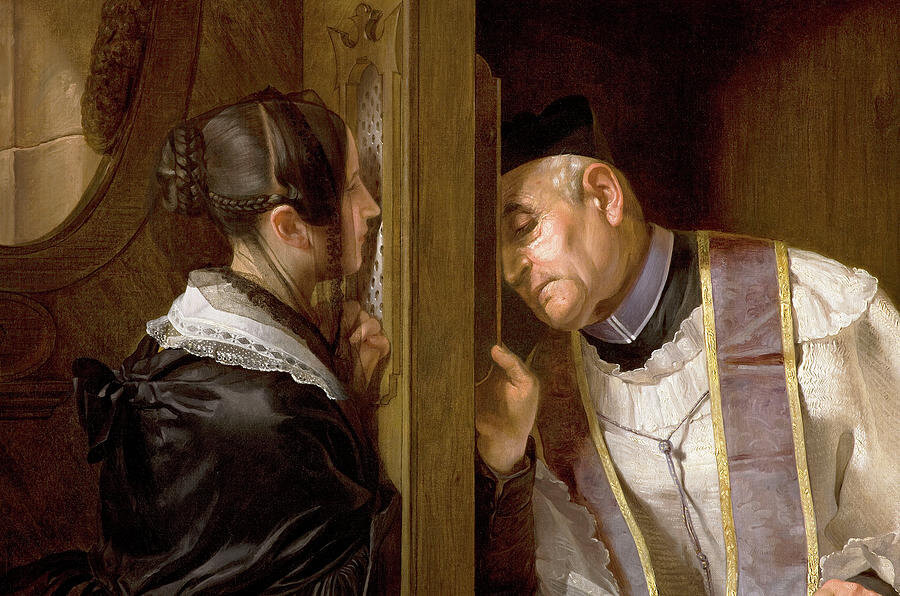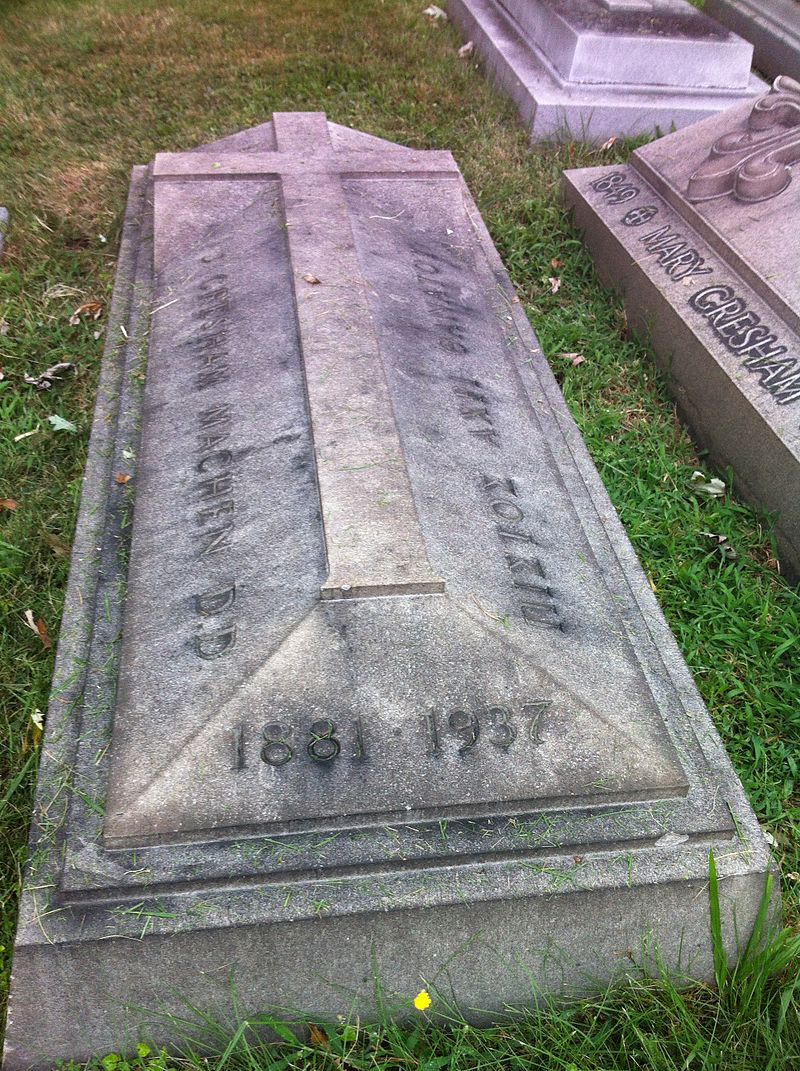If you’re ever tempted to think that Rome’s church government is ancient, consider how much it has always been a work in process (with notable interventions from Trent and Vatican II):
On the Sunday of the Word of God this year, Pope Francis solemnly instituted lectors and catechists. They were drawn from nations around the world. The pope gave to each of the lectors a book of the Scriptures, and to the catechists a cross. There were prayers, and he enjoined these servants of the word to bring the Gospel to the world through their ministry. None of this was truly extraordinary, however. What made the event historic was that, for the first time, the rite included women.
It was a long time coming. In 1965, a subcommittee of the Consilium (the body of scholars and churchmen who crafted many of the liturgical reforms after the Second Vatican Council) gathered to study what was then called “minor orders,” including what we now call instituted lectors and acolytes. In Christian antiquity various people held these offices, but gradually they were restricted to seminarians on their way to being ordained to the priesthood. Over time, the priesthood assumed all the roles formerly held by a variety of ministers. The committee acknowledged the possibility of turning the page on this clericalization of ministry, but they did not discuss including women out of deference to those bishops who believed that the minor orders were part of the sacrament of Holy Orders, rendering women ineligible.
Nevertheless, a door was opened by the Consilium’s final report in 1967, which affirmed that the Church has considerable flexibility in reforming the offices below the level of deacon. The minor orders, although rooted in antiquity, can be reconfigured, they argued—some abolished, others added or adapted—to respond to the needs of the Church. The question of who receives them, and whether they are permanent or temporary, was not settled.
By the time of the council, everyone recognized that the Church’s practice of minor orders had become incoherent. The history was venerable, but modern-day seminarians were deriving little benefit from being ordained into these roles. It was more or less a formality they went through, with the rites serving as stepping stones in a cursus honorum that led to priestly ordination—their real goal. They moved through the minor orders quickly, sometimes celebrating two at a time. Some found it embarrassing to receive deputation, in solemn ceremonies, for tasks other people carried out. The role of doorkeeper was, for example, already filled by sacristans and ushers. Altar boys performed the role of acolyte. The priest read the readings at Mass. To be an actual exorcist was an advanced and specialized role quite separate from the “order of exorcist” conferred on them, which really meant nothing. One of the principles of the reform was “truthfulness.” By this canon, the minor orders were failing badly.
Pope St. Paul VI was interested in keeping the minor orders as a part of seminary formation. His focus was on renewing them and establishing a more coherent plan. Pastoral bishops saw this in a wider frame of reference, however, and had more ambitious goals. They wanted to simplify the preparation for priesthood and render it more realistic, but they also kept an eye on the horizon of lay ministry, which was a growing phenomenon. There was considerable interest, especially in mission dioceses, in strengthening lay ministries and finding ways to bless them. There were requests not only to institute women as lectors and acolytes, but also to consider instituting ministries of catechesis and various forms of pastoral service, which were already being filled successfully by women. There was also the question of allowing lay people to preach and conduct worship services in the absence of a priest. Some kind of blessing for music ministers, such as cantors, psalmists, and organists, was on the wish list too.
The topic of minor orders continued to be discussed among the various dicasteries of the Curia during the period immediately following the council, prompted at times by interventions from local churches and from the pope, but the conversation dragged on without resolution, at least in part because there were so many different discussions going on at the same time. It wasn’t even clear where this topic belonged in the flow chart of the reform: Holy Orders? Baptism? Blessings? Clergy formation? Liturgy? Evangelization and mission? All of the above?
In 1972, Pope Paul VI issued his motu proprio, Ministeria quaedam, which put an end to the discussion. He suppressed the orders of doorkeeper, exorcist, and subdeacon. He changed the terminology of “minor orders” to “ministries” and defined the ministry of lector and acolyte as lay ministries. Following an obscure precedent set by the Council of Trent, he added that “ministries can be entrusted to the lay Christian faithful; accordingly, they do not have to be reserved to candidates for the sacrament of Orders” (MQ III). Nevertheless, he reserved the instituted lay ministries of lector and acolyte to males “according to the venerable tradition of the Church” (MQ VII). . . .


